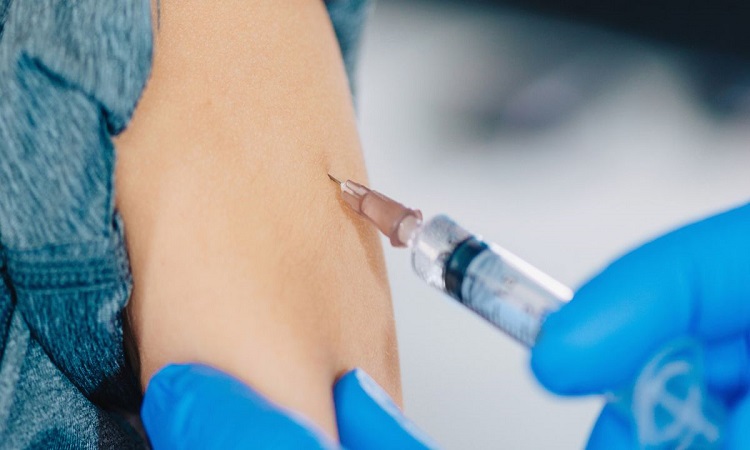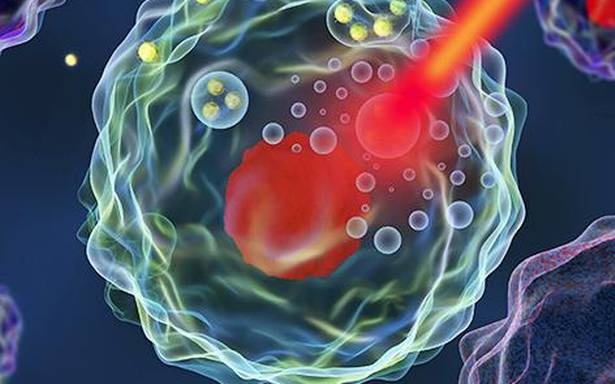Although poliomyelitis was eradicated more than two decades ago, a strain has been identified several times this year in the sewers of a London district. The local health authorities as well as the WHO are very attentive to this discovery.
A type 2 poliovirus in London
Poliomyelitis (polio) is a highly infectious viral disease that largely affects children under the age of 5. Having disappeared in 1999 from the majority of countries in the world and in 2020 in Africa, this disease is once again being talked about in a press release from the UK Heath Security Agency (UKHSA) on June 22, 2022. The British health authorities have indeed mentioned the detection and isolation of a type 2 poliovirus in London, more precisely in a wastewater treatment plant in the Beckton district.
You should know that this is not a “wild” strain of poliovirus. Indeed, this type of strain has practically disappeared since an effective global vaccination campaign. Only the PV1 strain is in circulation in Afghanistan and Pakistan. The strain discovered in London derives from the one used to make the vaccine against poliomyelitis. In other words, it is a vaccine-derived poliovirus (VDPV). However, in this specific case, it is a question of the strain of poliovirus type 2 (VDPV2).
An abnormal discovery
This discovery is not isolated. Indeed, British health authorities find between one and three VDPVs each year through routine surveillance. These are often cases of people who were vaccinated against polio abroad and eventually made their way back to the UK. However, the authorities each time deal with occasional detections which then no longer resurface. This more recent discovery is however abnormal insofar as it was made twice this year, in February and then in May 2022 and each time, in the district of Beckton. According to the WHO alerted by the UKHSA, the new strain has a phylogenetic link with that found earlier in the year.
The health authorities are therefore concerned about this anomaly. Unfortunately, this could be a sign of poliovirus transmission between individuals. However, the authorities have so far only detected so-called environmental samples, but have not yet taken any human samples and no one has consulted their doctor for typical polio symptoms, such as paralysis. Finally, there is little risk of seeing the disease reappear. Indeed, the vast majority of the UK and world population are vaccinated. The UKHSA has nevertheless advised Londoners to check that their children’s health records are up to date.

Email: mary@satprwire.com Phone: +44 20 4732 1986
Marry is a fitness freak in every manner and gives proper care about her health and of others. She is probably the best person we have at Daily Research News for covering articles from the Health sector. If not at work, she can be seen drinking a cup of coffee.



